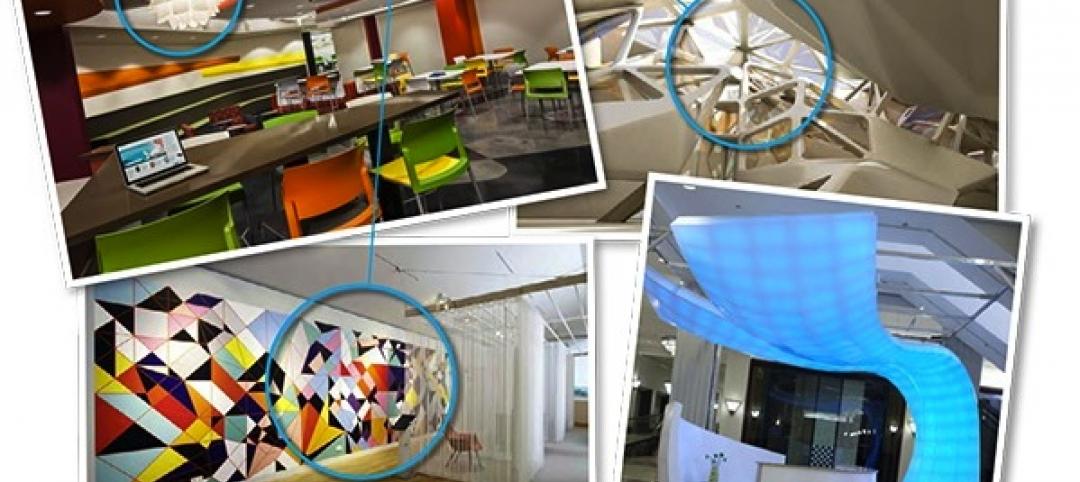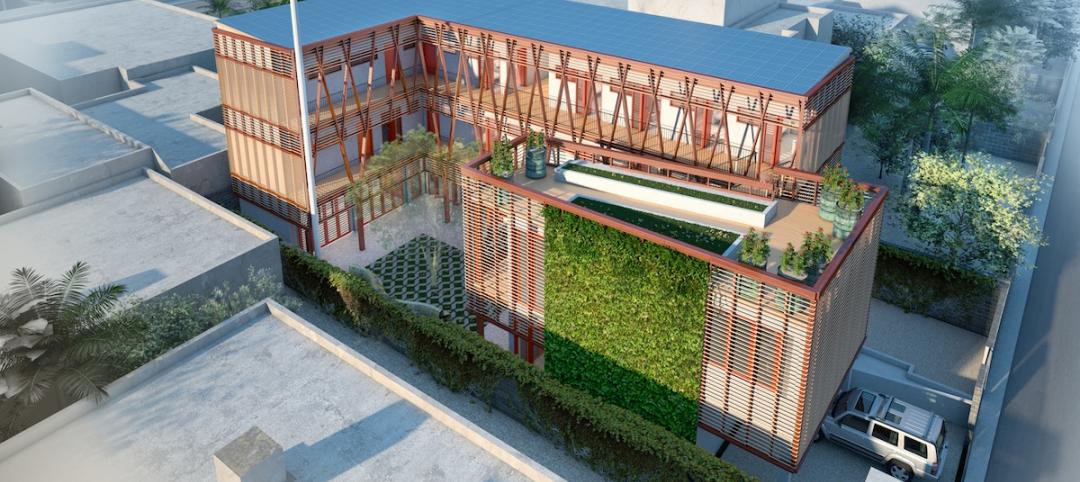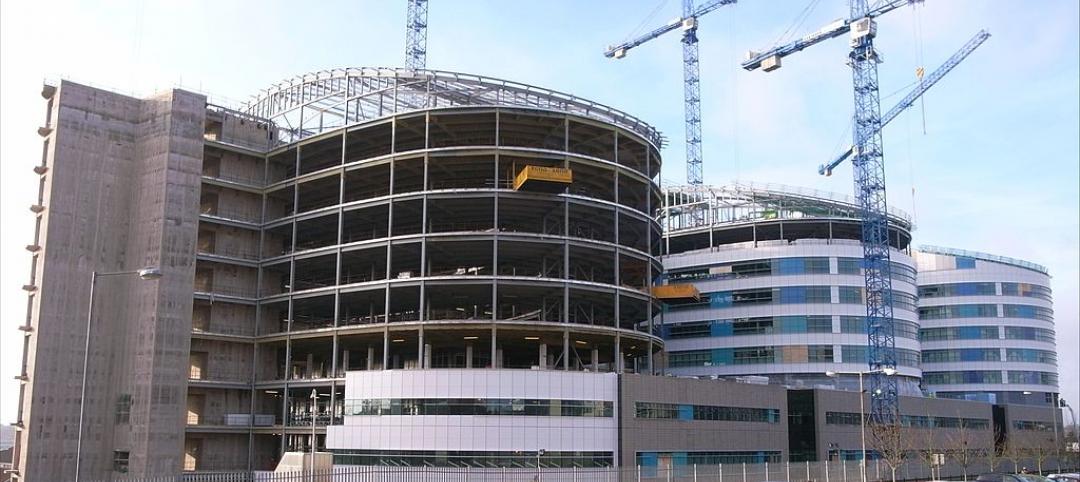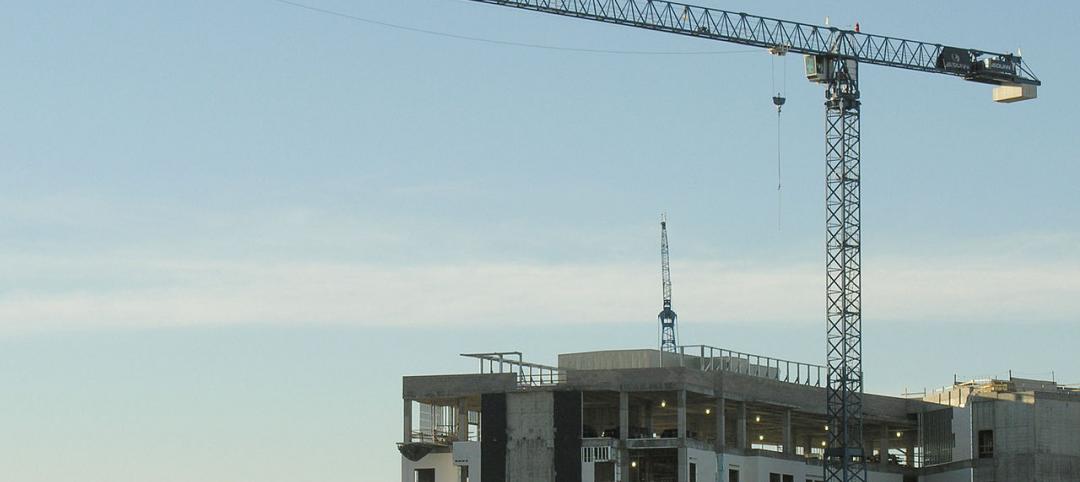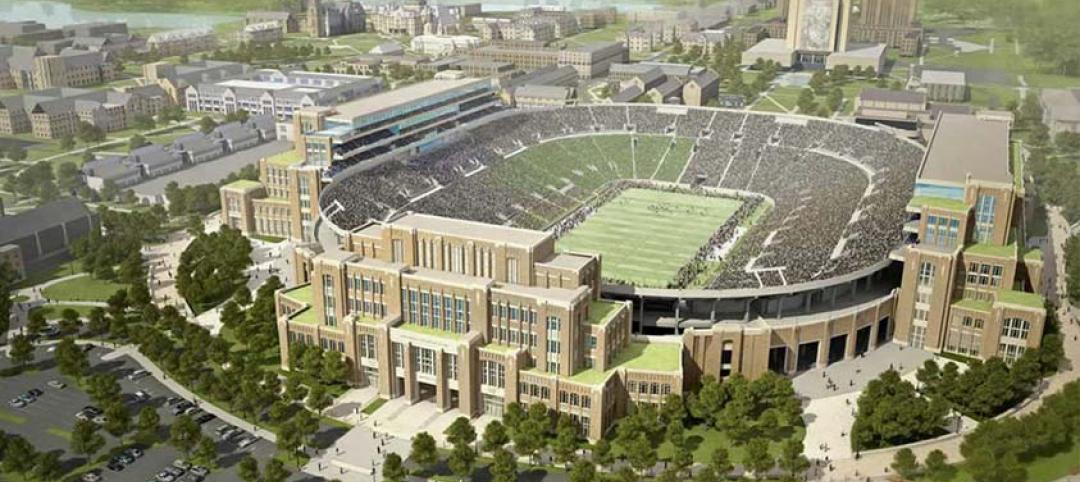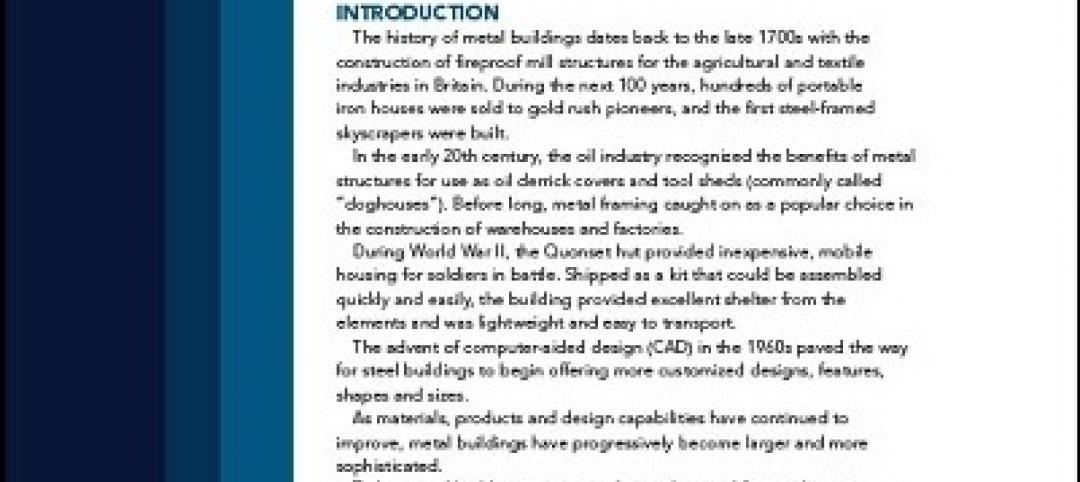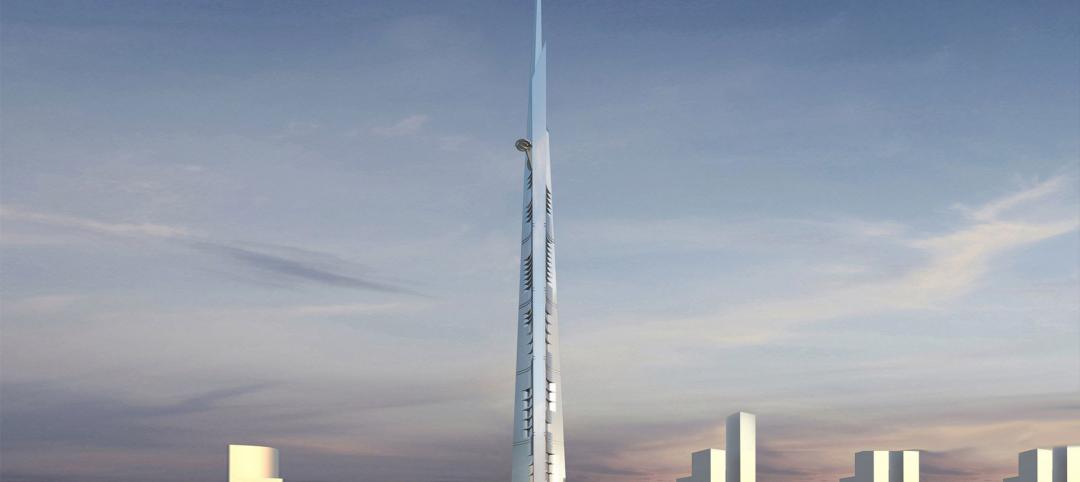The way the federal government analyzes intense rain events isn’t keeping up with the reality of climate change, and that has serious implications for infrastructure projects and the availability of, and rising cost of, flood insurance.
Severe rainstorms, sometimes described as “atmospheric rivers” or “torrential thunderstorms,” are making the concept of a “1-in-100-year flood event” obsolete, according to a report from First Street Foundation, an organization focused on weather risk research.
These events are occurring more frequently due to the impact of climate change, but federal rainfall analysis, managed by the National Oceanic and Atmospheric Administration, isn’t keeping up with the new weather conditions, First Street says.
Half the people in the U.S. live in a county where a 1-in-100-year flood is at least twice as likely now as it had been in the past, coming once every 50 years instead of every 100 years. In some areas, a so-called “1-in-100-year” rainfall could now happen far more frequently—as often as every 5 to 10 years.
The outdated analysis has serious implications for the way infrastructure projects are initiated and designed. And, because FEMA’s federal flood insurance program greatly underrepresents the number of people that could fall into FEMA’s Special Flood Hazard Areas, millions of Americans may be unaware of their current flood risk.
Inaccurate flood risk data due to underestimating the impact of rainfall also impacts the cost and availability of flood insurance—this is especially true for property that isn’t close to the ocean or inland bodies of water.
The government is working to remedy the situation, though. NOAA, as reported by CNN, says it is working on a revamped approach to its rainfall analysis that is expected to be completed in 2027.
Related Stories
| Jan 30, 2014
The evolving workplace: One designer's inspiration board
"Open office" has been a major buzzword for decades, and like any buzzword, some of the novelty has worn off. I don't believe we will abandon the open office, but I do think we need to focus on providing a dynamic mix of open and closed spaces.
| Jan 30, 2014
How reverse engineering nature can spur design innovation
It’s not enough to copy nature. Today’s designers need a deeper understanding of environmental nuance, from the biome in.
| Jan 30, 2014
What to expect in the metal building industry in 2014
Every year brings changes. This one won’t be any different. We’ll see growth in some areas, declines in others. Here’s a little preview of what we’ll be writing about 2014 when 2015 comes rolling in.
| Jan 30, 2014
What's in store for healthcare capital markets in 2014?
Despite the shake up stemming from the Affordable Care Act, 2014 will be an active year in healthcare capital markets, according to real estate experts from CBRE Healthcare.
| Jan 29, 2014
Richard Meier unveils 'urban courtyard' scheme for Mexico City towers
A grand atrium, reaching some 30 stories, highlights the contemporary, bright-white design scheme unveiled this week by Richard Meier & Partners for a new mixed-use development in Mexico City.
| Jan 29, 2014
Hotel, retail, recreation sectors to lead growth in 2014
AIA's Consensus Construction Forecast, a survey of the nation’s leading construction forecasters, is projecting that spending will see a 5.8% increase in 2014, led by the hotel, retail, and amusement/recreation sectors.
| Jan 29, 2014
Notre Dame to expand football stadium in largest project in school history
The $400 million Campus Crossroads Project will add more than 750,000 sf of academic, student life, and athletic space in three new buildings attached to the school's iconic football stadium.
| Jan 28, 2014
White Paper: How metal buildings deliver long-term value to schools
A new white paper from Star Building Systems outlines the benefits of metal buildings for public and private school building projects.
| Jan 28, 2014
First Look: BIG's Honeycomb building for Bahamas resort [slideshow]
BIG + HKS + MDA have unveiled the design for the new Honeycomb building and adjacent plaza in The Bahamas – a 175,000-sf residential facility with a private pool on each balcony.
| Jan 28, 2014
2014 predictions for skyscraper construction: More twisting towers, mega-tall projects, and 'superslim' designs
Experts from the Council on Tall Buildings and Urban Habitat release their 2014 construction forecast for the worldwide high-rise industry.



